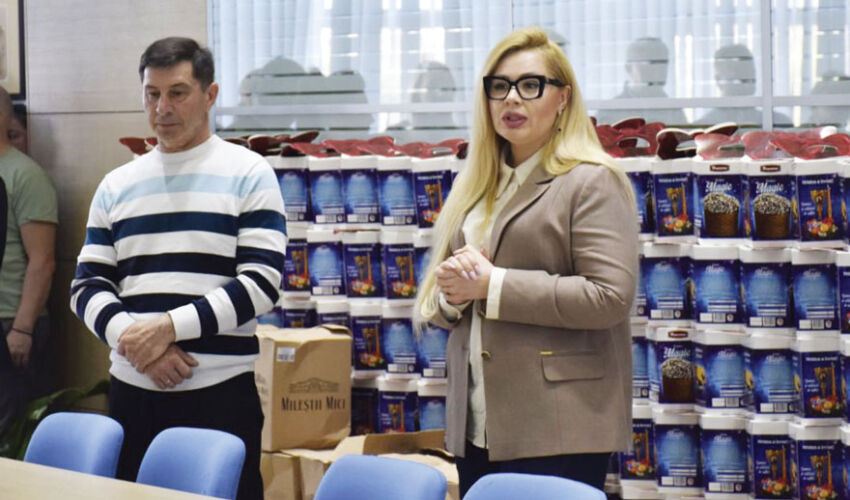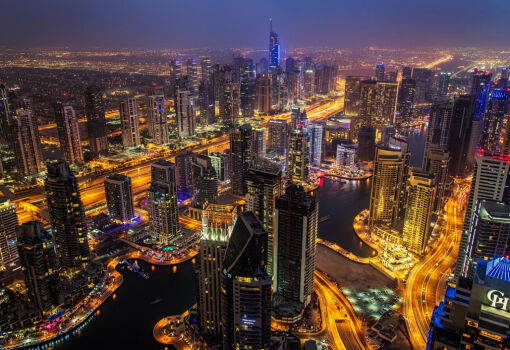
Acting General Director of Apă-Canal Chișinău Diana Tacu
New Approved Rates:
– for drinking water – 12.99 lei per cubic meter (was 10.79 lei);
– for technological water supply – 12.23 lei per cubic meter (was 8.11 lei);
– for sewerage and wastewater treatment services for domestic consumers – 5,63 lei per cubic meter (was 4,17 lei);
– production and transportation of water for redistribution – 4.22 lei per cubic meter (was 3.41 lei).
ANRE notes that the adjustment of tariffs is conditioned by the need to cover the real costs of the operator in the context of the general price increase. And urges to save water. The costs are affected by economic and technical factors. Among them: the increase in electricity costs for water collection, treatment and transportation. Technological water losses have increased, reaching 27% of the total water intake, the reason being the high degree of wear and tear of the infrastructure of “Apă-Canal Chișinău”. Also, the cost of materials, operating costs and other services increased.
The tariffs for water supply and sewerage services have recently increased not only in Chisinau. Thus, in April, ANRE approved new tariffs for household consumers in Falesti, and in March, the tariffs in Nisporeni and Drochia increased. ANRE also approved a new tariff for sewerage and wastewater treatment services in Balti. Everywhere the comments and reasons are the same.
However, if we look from the consumers’ point of view, the tariffs for heating, electricity and other public utilities are increasing. But people’s wages do not increase.
The imminent increase of water and sewerage tariffs in Chisinau was mentioned by the municipal councilor Alexandru Odintsov back in January 2025. According to him, the increase of tariffs in Apă-Canal Chișinău is inevitable because the pumps are old (operating since 1976) and consume a lot of electricity (one third of the total expenses of the company). The cost of electricity has almost doubled over the last year, resulting in an increase in Apă-Canal Chișinău’s costs by 120 million lei. All vodokanal enterprises throughout the country are essentially bankrupt due to the increase in electricity tariffs.
The unfavorable situation at Apă-Canal Chișinău has been known for a long time. Back in early 2023, several municipal councilors and MPs proposed a decision to declare a state of emergency at the company. At that time, MP Vladimir Odnostalco said that “the problem of supplying drinking water to the capital’s residents is so acute that we are already talking about possible disconnection of consumers. This cannot be allowed, the interests of Chisinau residents must be prioritized”.
Today, the municipal enterprise “Apă-Canal Chișinău” has a network of about 4 thousand kilometers of water pipelines, as well as 3 thousand kilometers of sewage networks. The average wear and tear of the pipes is 75-90%. After signing loan agreements with EBRD and EIB banks in 2012-2014, about 120 kilometers of water pipelines and 7 kilometers of sewerage networks were built. The company has 125 thousand household and non-household consumers on its balance sheet.
The acting general director of Apă-Canal Chișinău, Diana Tacu, said that in 2024, about 9,720 contracts were signed for water supply services. Thanks to USAID support, under the Moldova Energy Security Project, Apă-Canal Chișinău received three electric generators with a total capacity of 880 kW for uninterrupted water supply in case of emergency power outages.

